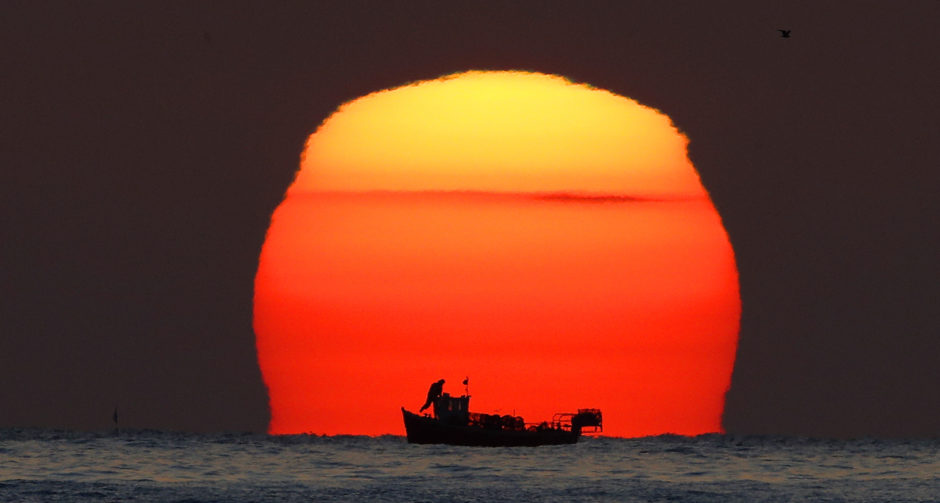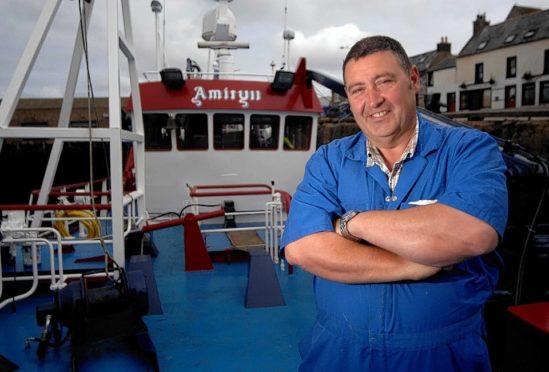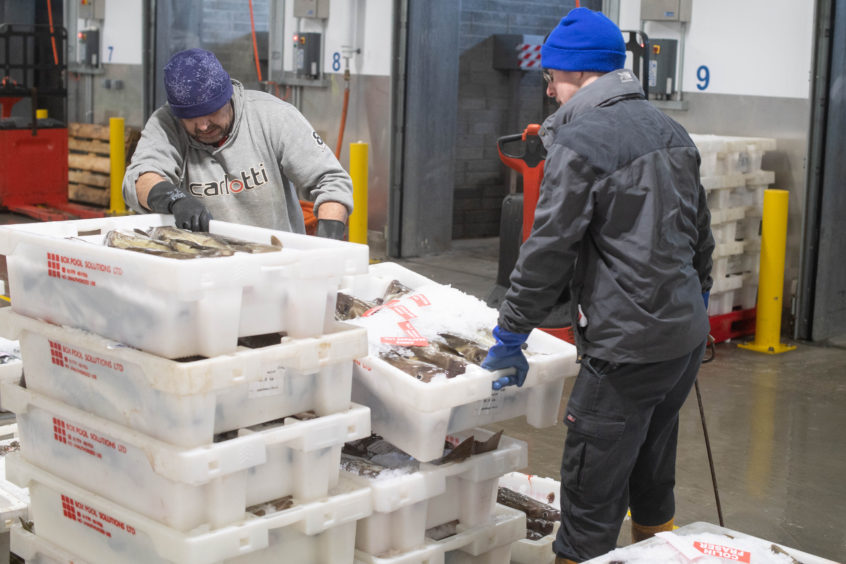Failure to find a fishing compromise in the Brexit talks “will hurt” the Scottish industry, insiders warned as negotiations entered extra time.
Fishing leaders have told MPs that if differences between the UK and EU are not ironed out before the end of the transition period on December 31 there will be a “risk to the industry” short-term.
The warnings come just days after the final round of scheduled talks between London and Brussels broke off, with EU chief negotiator Michel Barnier accusing his opposite number, David Frost, of not showing “any true will” to reach a deal.
Since the outset of negotiations the EU has demanded “status quo” access to UK waters, which would essentially mean a continuation of the common fisheries policy – something that has been categorically rejected by Boris Johnson.
Jimmy Buchan, chief executive of the Scottish Seafood Association, told the Commons environment committee that, despite the differences, a deal must be done “no question”.
He said: “The number one priority for the members I represent is for the UK to get a deal with the EU.
“We’ve got trade flowing both ways, probably worth about a billion pounds, on seafood coming into the UK and seafood leaving the UK, and therefore it is in the best interest of both parties to make sure they get a deal so that continues, because anything else will hurt both sides.
He added: “I would hate to see any type of time delays because we are a just in time delivery service, fresh fish on the slab the next day is what we’ve built our market on, so we don’t want to see any restrictions that is going to create time delays.
“There is no question about it, getting a deal with the rest of Europe is really important to our fishermen.”
Without an agreement, Mr Buchan said there would be a “risk to the industry” short term.
Jeremy Percy, director of the New Under Ten Fishermen’s Association, which represents the UK’s small fishing vessels, agreed that a deal was needed.
He said: “Eighty percent of the fish we catch is exported and we’re facing the potential, if we do have a no-deal, of both tariff and non tariff barriers.
“Tariff barriers are going to be unhelpful enough, non tariff barriers are potentially far more dangerous.
“We’re looking at catch certificates, health certificates, transport certificates, on top of that you’ve got both French customs, who are not exactly renowned for their patience, but also French fishermen.
“They can close down the ports or outside the port very quickly and for shellfish exports, especially, that’s the death of it.”

Barrie Deas, who leads the National Federation of Fishermen’s Organisations, was much more relaxed about the prospect of no-deal, however.
He cited reconciliations after the Cod Wars in the seventies and said he expects “natural economics to work their way through” following Brexit.
The comments came as Cabinet Office minister Penny Morduant hinted negotiations were nearing a conclusion.
Speaking in the Commons, she said: “We cannot keep negotiating forever, we have to allow our businesses, our farmers, our citizens time to implement the decisions taken.
“That is why we are at this key stage now where we have to increase and escalate negotiations because we need to arrive at a deal soon.”




